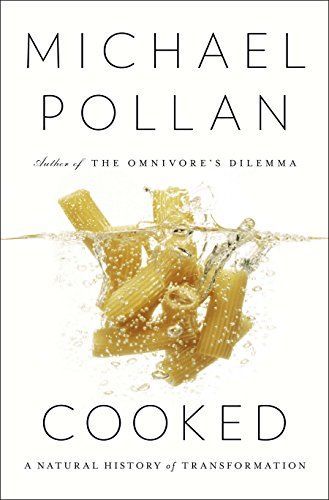
Cooked A Natural History of Transformation
A New York Times contributor and best-selling author of The Omnivore's Dilemma recounts the story of his culinary education and the roles of the four classical elements of fire, water, air and earth in transforming natural ingredients into delicious meals and drinks, in an account that traces his efforts to master classic recipes using one of the four elements.
Reviews
fris🐝@lfrisbee
Joy Bush@aische
Magdalene Lim@magdalene
Jeni Enjaian@jenienjaian
Ashley Flitter@flivision
Anna Pinto@ladyars
N Y@stereorose
A. D. Knapp@haselrig
Rohit Arondekar@rohitarondekar
Jeremy Wang@stratified_jeremy
MK@easyfriday
Tiffany@scientiffic
Nicole Vanderbilt@nmvandy
Jaie Stein@donswarleone
Katie Chua@kchua
Mary Rose Luksha@mayroundstone
Courtney Woolery@courtneyskye
Amber C@amberleeetc
George Chang@georgechang
Alexander Venturas@xandventuras
TL@tarryleigh
Julie Berman@bookies
Alberto Cabas Vidani@albertocv
Faheem Kajee@faheem